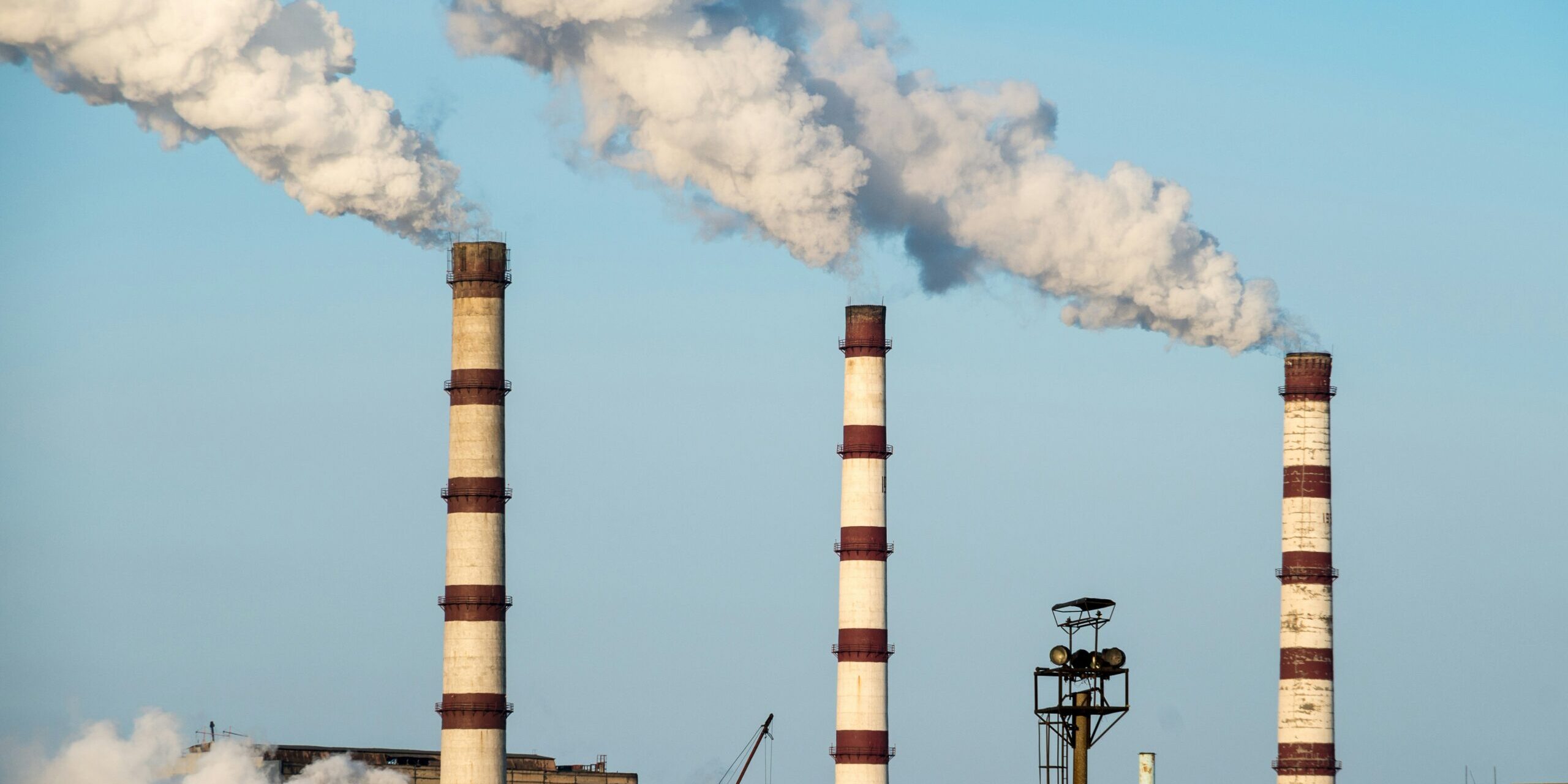In a significant move towards sustainable logistics, a prominent automotive company is reducing its supply chain emissions by integrating renewable fuels into its ocean freight operations. This initiative targets the company’s ocean freight routes, which contribute approximately 75% of its total transportation emissions, marking a major step in their journey towards climate neutrality by 2040.
As production of new vehicle models ramps up, renewable fuel will initially be utilized for around 65% of the outbound ocean freight from Asia to the company’s distribution center in Zeebrugge, Belgium. Furthermore, plans are underway to extend the use of renewable fuels to freight from North America later this year, coinciding with the expansion of vehicle production in South Carolina. By employing B30 Biofuel, which contains 30% fatty acid methyl esters (FAME), the company expects to reduce emissions from these shipping routes by approximately 20-25% compared to traditional sulfur fuel oils.
In addition to outbound freight, the company has also decarbonized its inter-continental inbound ocean freight for production materials and spare parts distribution. These routes now operate on 100% FAME fuel, derived from renewable sources like waste cooking oil, achieving an 84% reduction in greenhouse gas emissions compared to fossil fuels. Importantly, the FAME fuel used is free from palm oil or any palm oil-related feedstock, ensuring a sustainable and responsible fuel source.
The Head of Operations at the company emphasized the importance of this initiative in their broader goal of achieving climate neutrality. As the company enters a phase of rapid growth with an expanding model lineup and manufacturing footprint, sustainable logistics solutions become increasingly crucial. This step highlights the company’s commitment to eliminating greenhouse gas emissions across all phases of its vehicles’ life cycles, including the supply chain.
The company’s recently published Sustainability Report for 2023 shows a 9% reduction in greenhouse gas emissions per sold vehicle compared to the previous year. This demonstrates that it is possible to decouple business growth from increased emissions, setting a positive example for the industry.
#ICTTMNews #Breakingnews #Sustainability #SupplyChainNews #RenewableEnergy #LogisticsInnovation #ClimateAction







